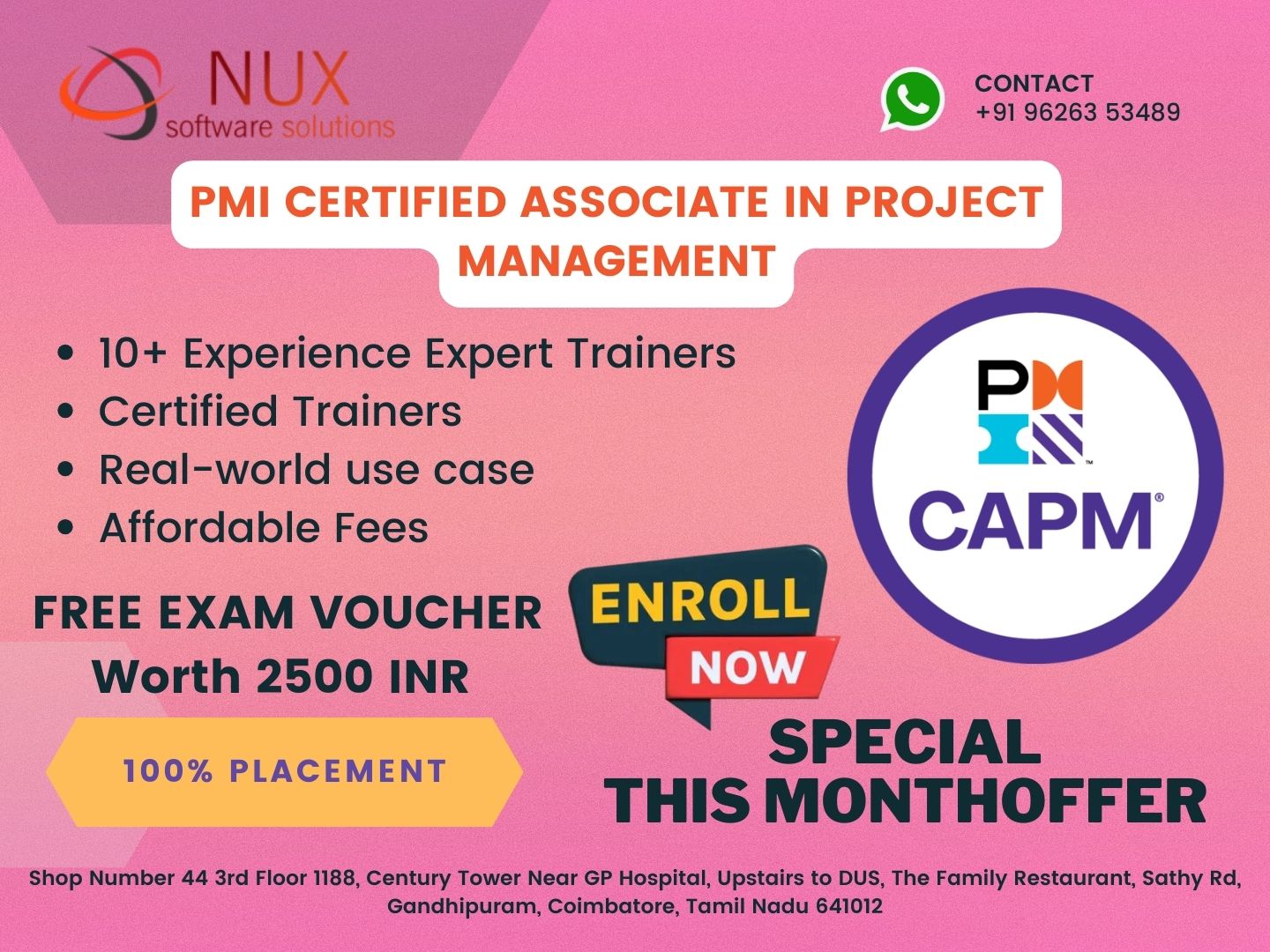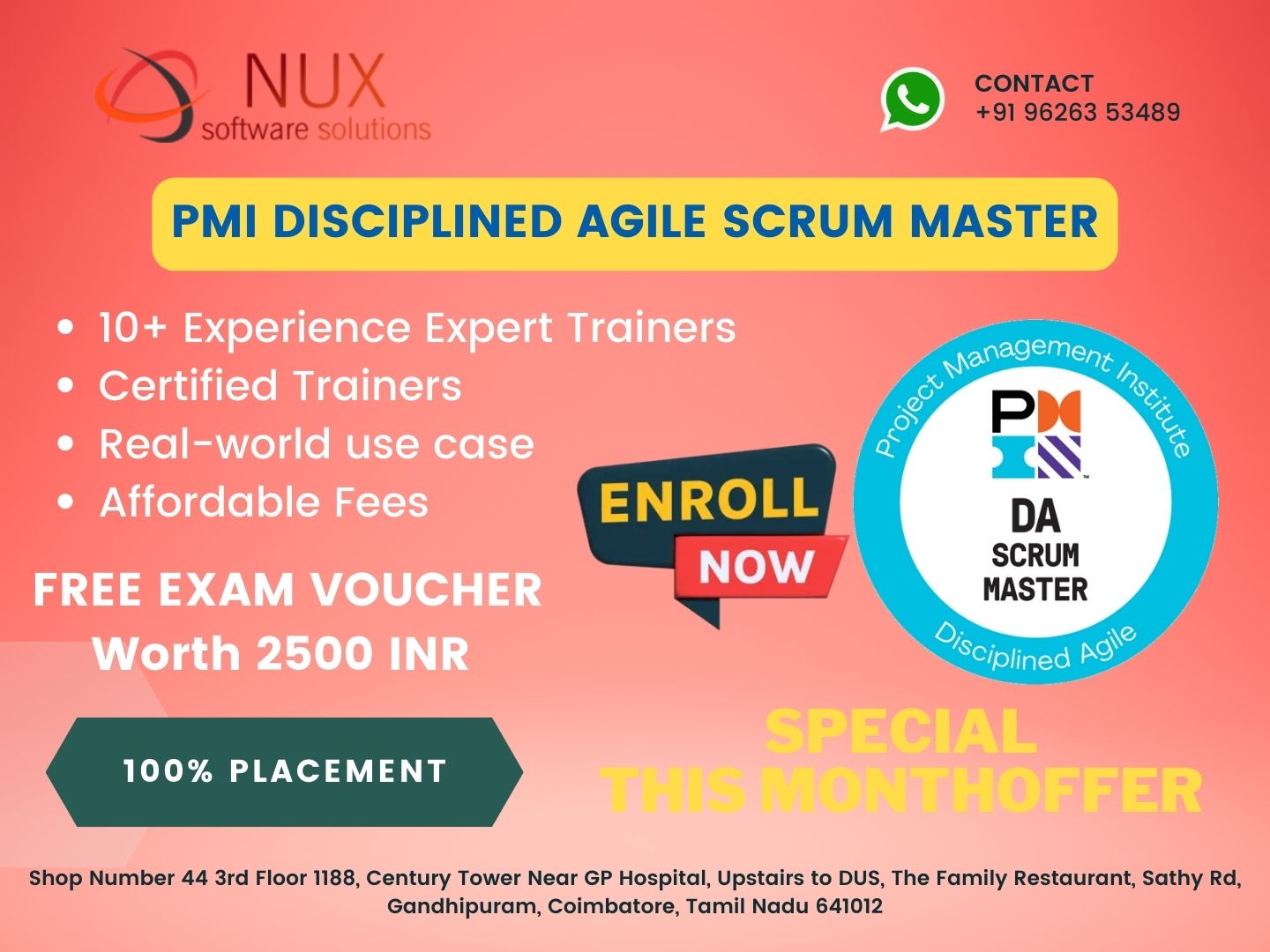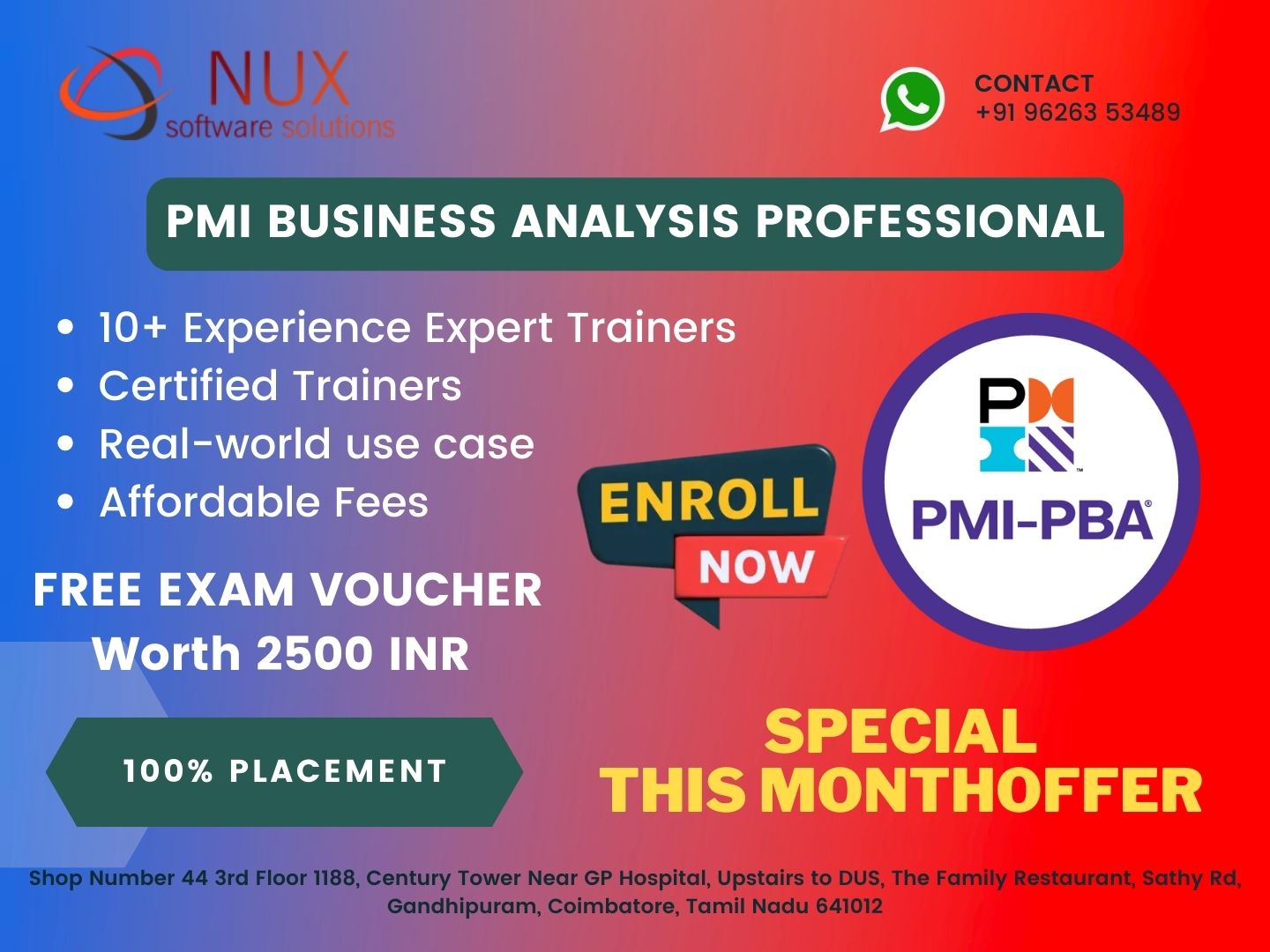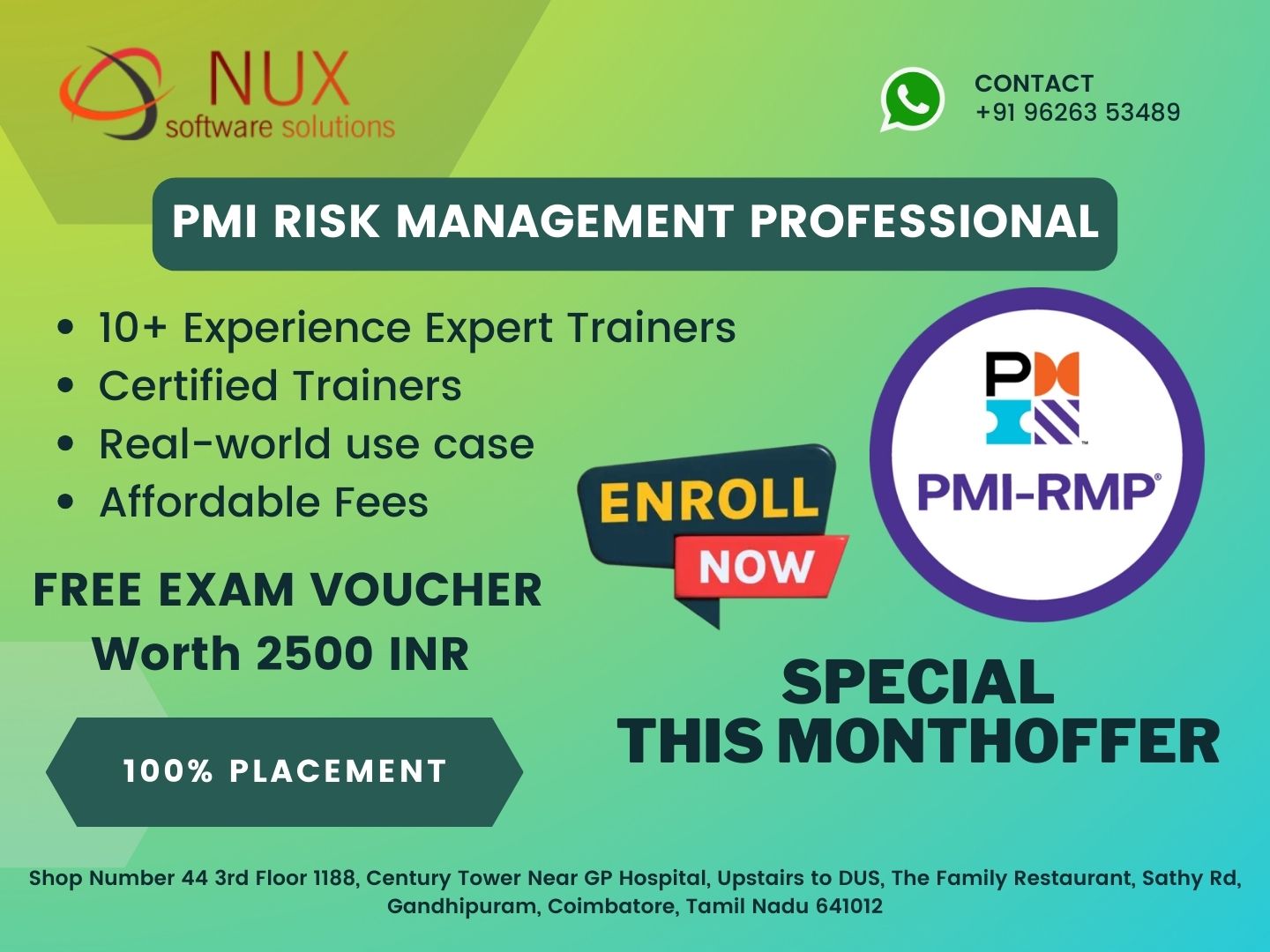Project Management Fundamentals and Core Concepts - 36%
Task 1
Demonstrate an understanding of the various project life cycles and processes.
Distinguish between a project, program, and a portfolio.
Distinguish between a project and operations.
Distinguish between predictive and adaptive approaches.
Distinguish between issues, risks, assumptions, and constraints.
Review/critique project scope.
Apply the project management code of ethics to scenarios (refer to PMI Code of Ethics and Professional Conduct).
Explain how a project can be a vehicle for change.
Task 2
Demonstrate an understanding of project management planning.
Describe the purpose and importance of cost, quality, risk, schedule, etc.
Distinguish between the different deliverables of a project management plan versus product management plan.
Distinguish differences between a milestone and a task duration.
Determine the number and type of resources in a project.
Use a risk register in a given situation.
Use a stakeholder register in a given situation.
Explain project closure and transitions.
Task 3
Demonstrate an understanding of project roles and responsibilities.
Compare and contrast the roles and responsibilities of project managers and project sponsors.
Compare and contrast the roles and responsibilities of the project team and the project sponsor.
Explain the importance of the role the project manager plays (e.g., initiator, negotiator, listener, coach, working member, and facilitator).
Explain the differences between leadership and management.
Explain emotional intelligence (EQ) and its impact on project management.
Task 4
Determine how to follow and execute planned strategies or frameworks (e.g., communication, risks, etc.).
Give examples of how it is appropriate to respond to a planned strategy or framework (e.g., communication, risk, etc.).
Explain project initiation and benefit planning.
Task 5
Demonstrate an understanding of common problem-solving tools and techniques.
Evaluate the effectiveness of a meeting.
Explain the purpose of focus groups, standup meetings, brainstorming, etc.
Predictive, Plan-Based Methodologies - 17%
Task 1
Explain when it is appropriate to use a predictive, plan-based approach.
Identify the suitability of a predictive, plan-based approach for the organizational structure (e.g., virtual, colocation, matrix structure, hierarchical, etc.).
Determine the activities within each process.
Give examples of typical activities within each process.
Distinguish the differences between various project components.
Task 2
Demonstrate an understanding of a project management plan schedule.
Apply critical path methods.
Calculate schedule variance.
Explain work breakdown structures (WBS).
Explain work packages.
Apply a quality management plan.
Apply an integration management plan.
Task 3
Determine how to document project controls of predictive, planbased projects.
Identify artifacts that are used in predictive, plan-based projects.
Calculate cost and schedule variances.
Agile Frameworks/Methodologies - 20%
Task 1
Explain when it is appropriate to use an adaptive approach.
Compare the pros and cons of adaptive and predictive, plan-based projects.
Identify the suitability of adaptive approaches for the organizational structure (e.g., virtual, colocation, matrix structure, hierarchical, etc.).
Identify organizational process assets and enterprise environmental factors that facilitate the use of adaptive approaches.
Task 2
Determine how to plan project iterations.
Distinguish the logical units of iterations.
Interpret the pros and cons of the iteration.
Translate this WBS to an adaptive iteration.
Determine inputs for scope.
Explain the importance of adaptive project tracking versus predictive, plan-based tracking.
Task 3
Determine how to document project controls for an adaptive project.
Identify artifacts that are used in adaptive projects.
Task 4
Explain the components of an adaptive plan.
Distinguish between the components of different adaptive methodologies (e.g., Scrum, Extreme Programming (XP), Scaled Adaptive Framework (SAFe®), Kanban, etc.).
Task 5
Determine how to prepare and execute task management steps.
Interpret success criteria of an adaptive project management task.
Prioritize tasks in adaptive project management.
Business Analysis Frameworks - 27%
Task 1
Demonstrate an understanding of business analysis (BA) roles and responsibilities.
Distinguish between stakeholder roles (e.g., process owner, process manager, product manager, product owner, etc.).
Outline the need for roles and responsibilities (Why do you need to identify stakeholders in the first place?).
Differentiate between internal and external roles.
Task 2
Determine how to conduct stakeholder communication.
Recommend the most appropriate communication channel/tool (e.g., reporting, presentation, etc.).
Demonstrate why communication is important for a business analyst between various teams (features, requirements, etc.).
Task 3
Determine how to gather requirements.
Match tools to scenarios (e.g., user stories, use cases, etc.).
Identify the requirements gathering approach for a situation (e.g., conduct stakeholder interviews, surveys, workshops, lessons learned, etc.).
Explain a requirements traceability matrix/product backlog.
Task 4
Demonstrate an understanding of product roadmaps.
Explain the application of a product roadmap.
Determine which components go to which releases.
Task 5
Determine how project methodologies influence business analysis processes.
Determine the role of a business analyst in adaptive and/or predictive, plan-based approaches.
Task 6
Validate requirements through product delivery.
Define acceptance criteria (the action of defining changes based on the situation).
Determine if a project/product is ready for delivery based on a requirements traceability matrix/product backlog.





